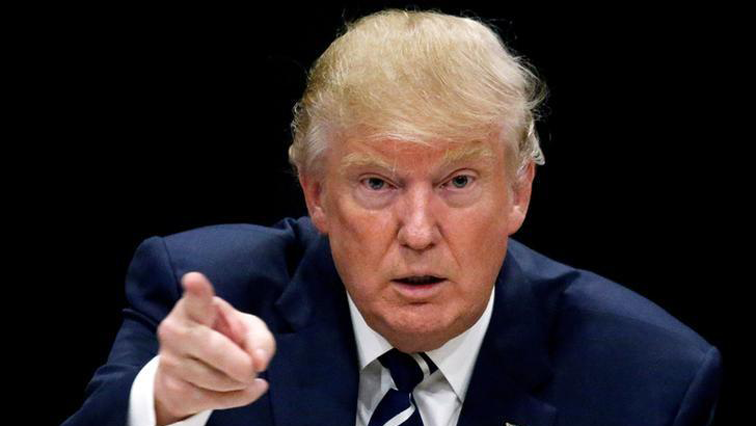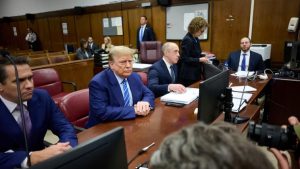The United States is finding itself increasingly isolated after President Donald Trump’s decision to withdraw from the multilateral Iran Nuclear Deal.
European parties to the Joint Comprehensive Plan of Action (JCPOA) are adamant that they will try to save the deal after Tehran committed to continue implementing the JCPOA.
Democrats in the United States Congress have sharply criticised Washington’s withdrawal while the United Nations Chief expressed his concern while trumping the 2015 accord as a major achievement in nuclear non-proliferation.
While the U.S announcement was widely anticipated, it lacks broad international appeal. And like the withdrawal from the Paris Climate Change Agreement and the decision to relocate the US Embassy to Jerusalem, Washington again finds itself out of step with the broad consensus.
“I have been very clear in a number of conversations with the President of the United States about the belief of the United Kingdom that the JCPOA, the nuclear deal with Iran, should stay. That is also the view shared by Chancellor Merkel of Germany and President Macron of France. That was made clear in the joint statement that I issued last night with Chancellor Merkel and with President Macron.
“We accept that there are other issues in relation to the behaviour of Iran that need to be dealt with, ballistic missiles, the question of what would happen at the sunset clause at the end of the nuclear deal and the destabilising activity of Iran in the region. Those are issues that need to be addressed and we are working with our European and other allies to do just that,” said UK Prime Minister, Theresa May.
At the United Nations, calls on other parties to remain committed to the deal.
“It is essential that all concerns regarding the implementation of the Plan be addressed through the mechanisms established in the JCPOA. Issues not directly related to the JCPOA should be addressed without prejudice to preserving the agreement and its accomplishments. The Secretary General calls on other JCPOA participants to abide fully by their respective commitments under the JCPOA and on all other Member States to support this agreement,” said UN Secretary General Spokesperson, Stephane Dujarric.
Democrats in Congress lined up to denounce President Trump’s decision, chief among them Senate Minority Leader Chuck Schumer.
“There are no reports that Iran has violated the (nuclear) agreement. And to me, the greatest worries from Iran are not right now the nuclear side, but rather what they’re doing in Syria; what they’re doing to arm Hezbollah with rockets; what they’re doing with ICBMs (intercontinental ballistic missiles). And to me, the right thing to do would have been to try and come up with our allies with an agreement on those issues, and let the nuclear part of this continue as is; because it’s not being violated in any way. ”
Iran’s supreme leader, Ayatollah Ali Khamenei, said the decision vindicated his position that Iranian’s should not trust the United States.
“Now it is being said that we can continue the nuclear deal with these three European countries (Britain, France and Germany). I don’t trust these three countries. If you can’t get a definite guarantee, and I don’t believe it is possible to get a definite guarantee, then we are not able to continue in this fashion (regarding the nuclear deal”.
And with US sanctions about to be re-imposed, countries doing business in Iran could pay a heavy price, as Vicky Pryce of the Centre for Economics and Business Research explains: “It’s bad news for a number of firms, for example, aircraft manufacturers, the deals they have with Iran, oil companies of course quite involved in all this. And then of course the other exports that actually right now, particularly from the EU, go to Iran and there will be impacts on the oil price too. For the moment it hasn’t been that pronounced but I think the market is waiting to see how things evolve in the next few days.”
Former President Barack Obama whose government was among the chief architects of the agreement called the US decision “a serious mistake”.





